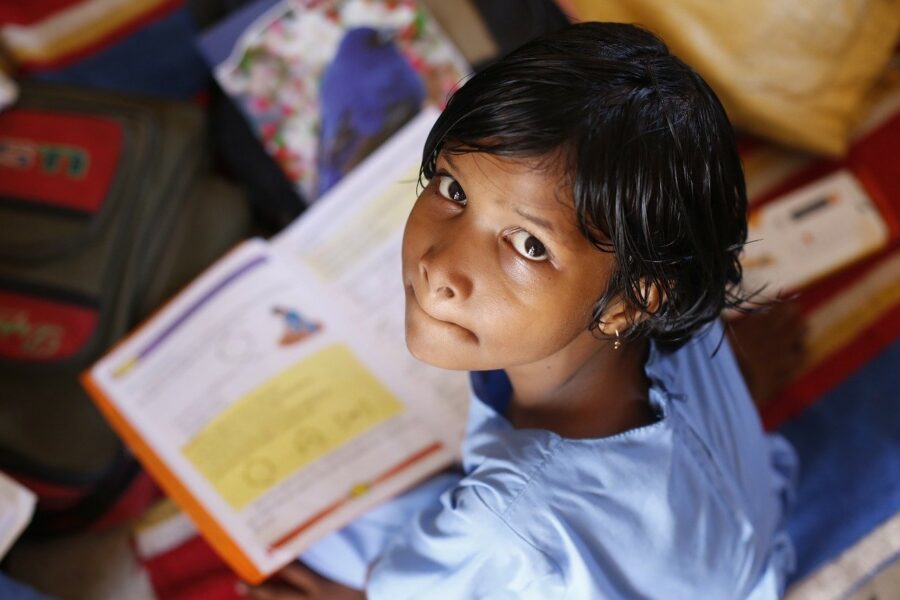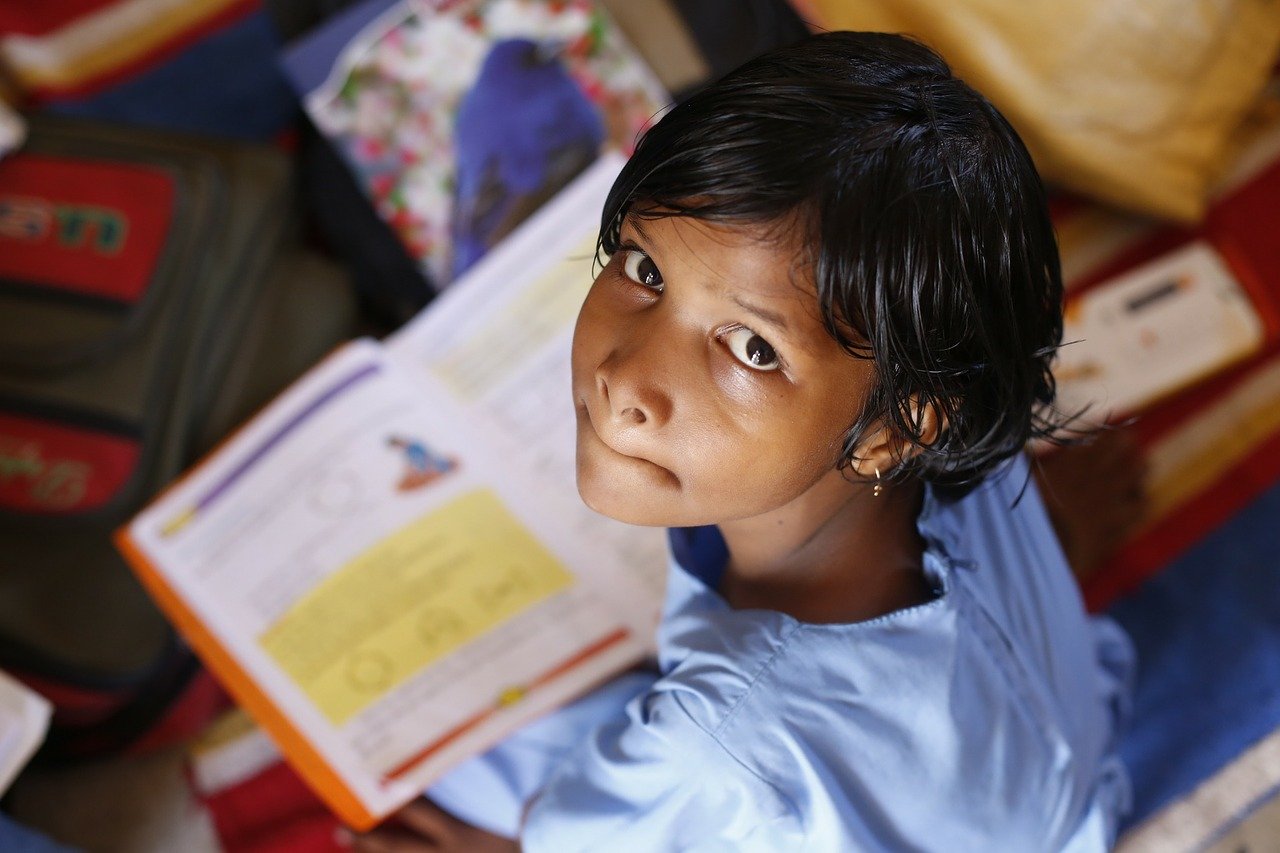
Public Schools in South Africa to Close from Monday
With South Africa entering the eye of the COVID-19 storm, President Cyril Ramaphosa has announced the closure of public schools for the next four weeks. Schools will close on Monday, 27 July and reopen on 24 August 2020. However, Grade 12 learners and educators will only take a one-week break and reopen on 3 August, […]

With South Africa entering the eye of the COVID-19 storm, President Cyril Ramaphosa has announced the closure of public schools for the next four weeks.
Schools will close on Monday, 27 July and reopen on 24 August 2020. However, Grade 12 learners and educators will only take a one-week break and reopen on 3 August, while Grade 7s will return to class on 10 August.
In a televised address to the nation on Thursday night, President Ramaphosa said the current academic year will be extended beyond the end of 2020.
“We have taken a deliberately cautious approach during a period when the country is expected to experience its greatest increase in infections.
“The health and well-being of learners and educators are critical,” said the President.
The latest figures reveal that South Africa’s Coronavirus death toll jumped from 5 940 to over 6 000 on Thursday.
With 408 052 confirmed cases, South Africa is now among the top five worst-affected nations in the world, and accounts for more than half the confirmed cases on the African continent.
Schools have been gradually opening since 8 June when Grades 7 and 12 went back to class after all grades shut down in March to curb the spread of the virus under lockdown level 5.
Since then, schools have been welcoming more grades back in a staggered fashion, as the country slowly relaxes regulations.
However, the President said it remains the country’s utmost priority to ensure that everything possible is done to minimise the loss of life.
“In approaching the opening of schools, we have always said that the health and well-being of learners and educators are critical,” the President said, noting that a difficult balance has to be struck, so as not to hinder the development and progress of learners.
“A major and lasting disruption to learning would have a devastating impact on the prospects of an entire generation of young people.”
Making the necessary adjustments
As COVID-19 cases continue on an upward trajectory, calls have been mounting from different bodies for the closure of schools.
“Over the last few days, the Department of Basic Education (DBE) has met with more than 60 organisations representing parents, school governing bodies, principals, educators, independent schools and civil society organisations,” the President said.
The department has also consulted with the Council of Education Ministers, representing the provincial Education Departments, which resulted in “a broad range of divergent views”.
“It is necessary to report that it was difficult to find consensus on the best approach, just as there are differing views among both international and local experts on the circumstances under which schools should be re-opened,” the President said.
Notwithstanding, he said, everyone agreed that the health, academic and social development of learners must remain the foremost concern, which is consistent with the advice of the World Health Organisation.
President Ramaphosa said Cabinet’s decision to close schools for four weeks has been taken after various stakeholders and expert bodies.
He said specific arrangements will be made for different categories of special schools.
The President said Basic Education Minister Angie Motshekga will provide details on the management of the remainder of the school year.
Nutrition programme to remain operational
In addition, millions of learners will still receive nutritious meals at school, as the National School Nutrition Programme will continue to operate.
“I am aware that this arrangement will disappoint many learners who want to be back at school, and may cause inconvenience and difficulty for many families who need to make alternative childcare arrangements.
“We ask you to do this because we believe it is important to ensure that schools do not become sites of transmission at a time when infections are rising fast,” the President said.
He thanked teachers and other staff at schools, who have been on the frontline during the pandemic under conditions of great difficulty. – SAnews.gov.za
